July 28 stands as one of history’s most eventful days, witnessing the rise and fall of empires, groundbreaking discoveries, and moments that shaped our modern world across centuries of human achievement.

Politics and Government Events on July 28
1914 – Austria-Hungary Declares War on Serbia
The culmination of the July Crisis reached its explosive climax as Austria-Hungary formally declared war on Serbia. This decisive moment ignited the powder keg of European tensions that had been building for decades.
The declaration triggered a cascade of alliance obligations across the continent. Within weeks, the Great War would engulf Europe and reshape the global political landscape forever.
1917 – Silent Parade Protests Racial Violence in New York

Thousands of African Americans marched silently down Fifth Avenue in New York City to protest lynchings and racial violence. The peaceful demonstration represented a powerful early example of organized civil rights activism.
The march drew national attention to the systematic violence faced by Black Americans. This dignified protest helped establish the foundation for future civil rights movements.
1965 – Johnson Escalates Vietnam War
President Lyndon B. Johnson announced a dramatic increase in American military presence in South Vietnam from 75,000 to 125,000 troops. This escalation marked a turning point in America’s involvement in Southeast Asia.
The decision committed the United States to a prolonged military engagement. Johnson’s announcement fundamentally altered the scope and intensity of the Vietnam conflict.
2005 – IRA Ends Armed Campaign
The Provisional Irish Republican Army formally announced the end of its thirty-year armed campaign against British rule in Northern Ireland. This historic declaration marked a crucial step toward lasting peace in the region.
The decision represented a fundamental shift in Republican strategy toward political engagement. The announcement helped pave the way for successful peace negotiations and power-sharing arrangements.
2017 – Pakistani Prime Minister Disqualified
Pakistan’s Supreme Court disqualified Prime Minister Nawaz Sharif from office for life after finding him guilty of corruption charges. The landmark ruling sent shockwaves through Pakistani politics and governance.
The court’s decision demonstrated judicial independence in challenging powerful political figures. Sharif’s removal marked a significant moment in Pakistan’s ongoing struggle against political corruption.
Military and Naval History on July 28
1932 – Bonus Army Forcibly Evicted
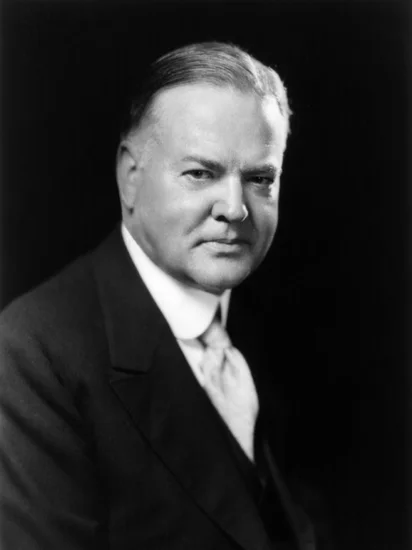
President Herbert Hoover ordered the U.S. Army to forcibly remove World War I veterans who had gathered in Washington, D.C., demanding early payment of bonuses. Federal troops used tanks and tear gas against the protesters.
The violent confrontation shocked the American public and damaged Hoover’s reputation. The incident highlighted the economic desperation facing veterans during the Great Depression.
1942 – Stalin Issues Order No. 227
Soviet leader Joseph Stalin issued the infamous “Not One Step Back” order in response to alarming German advances. The decree established harsh penalties for unauthorized retreats, including execution or imprisonment in penal battalions.
The order reflected the desperate situation facing Soviet forces on the Eastern Front. Stalin’s draconian measures aimed to halt the German advance through terror and strict discipline.
1943 – Royal Air Force Bombs Hamburg
Operation Gomorrah began with a devastating RAF bombing raid on Hamburg, Germany, creating a massive firestorm that killed 42,000 civilians. The attack represented one of the most destructive air raids in history.
The bombing demonstrated the horrific power of strategic air warfare against civilian populations. The Hamburg firestorm became a symbol of the total war mentality that characterized World War II.
1976 – Spetsgruppa A Formed
Russia established Spetsgruppa A, an elite special forces unit designed for counter-terrorism and high-risk operations. The formation represented Soviet efforts to develop specialized military capabilities during the Cold War.
The unit would later become known for its involvement in domestic and international operations. Spetsgruppa A’s creation reflected the changing nature of modern warfare and security challenges.
Science and Discovery Milestones on July 28
1911 – Australasian Antarctic Expedition Begins
The SY Aurora departed London carrying Douglas Mawson’s Australasian Antarctic Expedition team toward the frozen continent. The ambitious scientific mission aimed to explore previously uncharted regions of Antarctica.
The expedition would make significant contributions to Antarctic geography and scientific knowledge. Mawson’s journey represented the heroic age of Antarctic exploration and international scientific cooperation.
1939 – Sutton Hoo Helmet Discovered
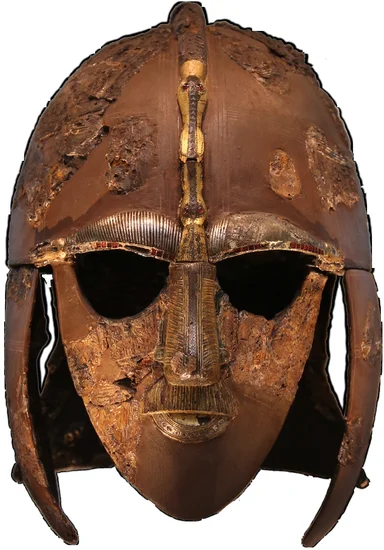
Archaeologists uncovered the magnificent Sutton Hoo helmet during excavations of an Anglo-Saxon burial site in Suffolk, England. The discovery revolutionized understanding of early medieval English culture and craftsmanship.
The helmet revealed sophisticated metalworking techniques and artistic traditions previously unknown to scholars. The find provided crucial insights into Anglo-Saxon royal burial practices and cultural connections.
1996 – Kennewick Man Discovered
The remains of a prehistoric man were discovered near Kennewick, Washington, sparking intense scientific and legal debates. The ancient skeleton challenged existing theories about early human migration to North America.
The discovery ignited controversies over Native American burial rights and scientific research protocols. Kennewick Man became central to discussions about prehistoric human populations and archaeological ethics.
2001 – Ian Thorpe’s Swimming Record

Australian swimmer Ian Thorpe achieved the unprecedented feat of winning six gold medals at a single World Championship meeting. His performance established new standards for swimming excellence and endurance.
Thorpe’s achievement demonstrated the pinnacle of athletic training and competitive swimming. His record-breaking performance inspired a new generation of swimmers worldwide.
Cultural and Arts Events on July 28
1975 – Summer Jam at Watkins Glen
Nearly 600,000 music fans converged on Watkins Glen International Raceway for one of the largest rock festivals in history. The event featured legendary performances by The Allman Brothers Band, Grateful Dead, and The Band.
The massive gathering represented the peak of American rock festival culture. The peaceful event demonstrated music’s power to unite diverse audiences in celebration of artistic expression.
1962 – World Festival of Youth and Students Begins
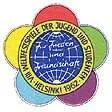
The 8th World Festival of Youth and Students commenced, bringing together young people from around the globe for cultural exchange and international cooperation. The event promoted peace and understanding among diverse nations.
The festival featured performances, exhibitions, and discussions celebrating international youth culture. The gathering represented Cold War-era efforts to build bridges between different political systems through cultural diplomacy.
Religious and Social Events on July 28
1915 – United States Occupies Haiti
American military forces began a controversial 19-year occupation of Haiti, fundamentally altering the Caribbean nation’s political and social landscape. The intervention reflected American imperial ambitions in the Western Hemisphere.
The occupation imposed American political and economic systems on Haitian society. The prolonged military presence generated lasting tensions between the two nations and influenced Haitian development for decades.
1946 – Saint Alphonsa Dies

Saint Alphonsa, who would become the first woman of Indian origin canonized by the Catholic Church, passed away after a life of devotion and service. Her death marked the end of a remarkable spiritual journey.
Her legacy would inspire countless believers and establish her as a powerful symbol of faith. The future saint’s life demonstrated the universal appeal of Christian devotion across cultural boundaries.
Business and Economic Events on July 28
1960 – German Volkswagen Act Enacted
The German Volkswagen Act came into force, establishing the legal framework for the automotive company’s corporate structure and government relationship. The legislation secured government influence over the iconic car manufacturer.
The act protected Volkswagen from hostile takeovers while ensuring continued German control. The law reflected post-war Germany’s approach to balancing private enterprise with national economic interests.
2002 – Quecreek Mine Rescue
Nine coal miners trapped in Pennsylvania’s flooded Quecreek Mine were successfully rescued after 77 harrowing hours underground. The dramatic rescue operation captivated national attention and demonstrated mining safety challenges.
The successful rescue highlighted both the dangers of coal mining and the dedication of rescue teams. The incident led to improved safety protocols and emergency response procedures in the mining industry.
Transportation and Infrastructure on July 28
1935 – Boeing B-17 Flying Fortress First Flight
The Boeing B-17 Flying Fortress completed its maiden flight, marking the debut of one of World War II’s most iconic aircraft. The four-engine bomber would become legendary for its durability and strategic impact.
The aircraft’s design incorporated innovative defensive armament and long-range capabilities. The B-17 would prove instrumental in Allied bombing campaigns across Europe and the Pacific.
1938 – Hawaii Clipper Disappears
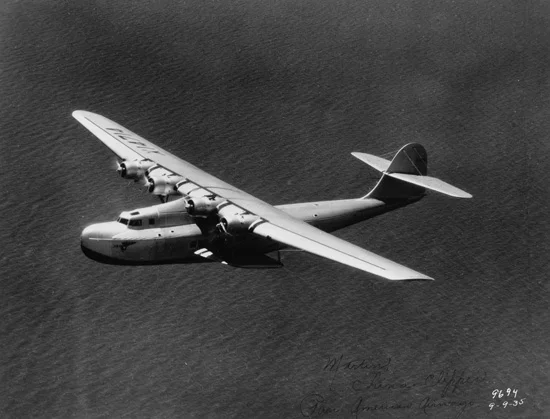
The Hawaii Clipper vanished without a trace between Guam and Manila, becoming the first airliner lost in trans-Pacific China Clipper service. The mysterious disappearance shocked the aviation industry and traveling public.
The incident highlighted the dangers of early trans-Pacific aviation and the need for improved safety measures. The loss prompted investigations into oceanic flight safety and emergency procedures.
1945 – B-25 Crashes into Empire State Building
A U.S. Army B-25 bomber crashed into the 79th floor of the Empire State Building in dense fog, killing 14 people and injuring 26 others. The accident demonstrated the dangers of urban aviation during wartime.
The crash caused significant structural damage but proved the building’s remarkable resilience. The incident led to improved aviation safety protocols for flights over populated areas.
Sports and Recreation on July 28
1984 – Los Angeles Olympics Open
The Games of the XXIII Olympiad officially opened in Los Angeles with spectacular ceremonies celebrating American culture and athletic excellence. The games marked a triumphant return of Olympic competition after boycott controversies.
The Los Angeles Olympics demonstrated successful private organization of the games and generated significant profits. The event showcased American organizational capabilities and hospitality to the world.
2018 – Wendy Tuck Wins Clipper Race

Australian sailor Wendy Tuck became the first female skipper to win the prestigious Clipper Round the World Yacht Race. Her victory broke significant barriers in professional sailing and ocean racing.
Tuck’s achievement inspired women sailors worldwide and challenged traditional gender roles in competitive sailing. Her success demonstrated exceptional seamanship and leadership in extreme maritime conditions.
Notable Births on July 28
1929 – Jacqueline Kennedy Onassis Born

The future First Lady of the United States entered the world in Southampton, New York, destined to become one of America’s most beloved public figures. Her early life prepared her for extraordinary responsibilities and public service.
Jackie would later captivate the nation with her grace, style, and dignity during America’s most challenging moments. Her influence on fashion, culture, and historic preservation would extend far beyond her White House years.
1902 – Karl Popper Born
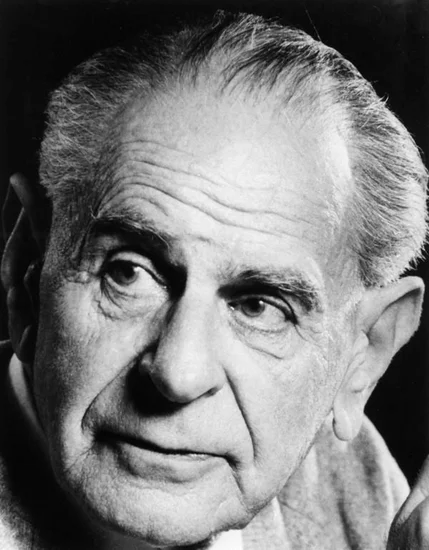
Austrian-English philosopher Karl Popper was born in Vienna, beginning a life that would revolutionize scientific methodology and political philosophy. His childhood intellectual curiosity foreshadowed groundbreaking contributions to human knowledge.
Popper would later develop influential theories about scientific falsification and open society principles. His work fundamentally changed how scholars approach scientific inquiry and democratic governance.
1907 – Earl Tupper Born
American inventor Earl Tupper was born in Berlin, New Hampshire, starting a journey that would transform household storage and kitchen organization. His mechanical aptitude emerged early in his rural New England upbringing.
Tupper would later revolutionize food storage with his innovative plastic containers and airtight sealing system. His Tupperware brand became synonymous with modern kitchen efficiency and direct sales marketing.
1929 – Shirley Ann Grau Born
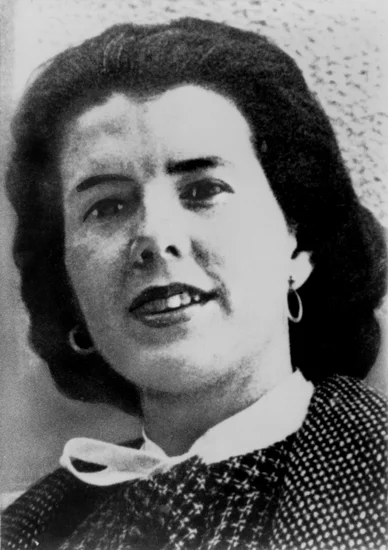
American novelist Shirley Ann Grau was born in New Orleans, Louisiana, beginning a literary career that would explore Southern culture and identity. Her Louisiana heritage profoundly influenced her writing style and thematic choices.
Grau would later win the Pulitzer Prize for Fiction and establish herself as a major voice in American literature. Her works captured the complexity of Southern society and human relationships with remarkable sensitivity.
1954 – Hugo Chávez Born

Venezuelan military officer Hugo Chávez was born in Sabaneta, Barinas, beginning a life that would dramatically reshape Venezuelan politics and society. His humble origins instilled strong convictions about social justice and economic equality.
Chávez would later become Venezuela’s most influential president and a prominent voice in Latin American socialism. His political movement fundamentally altered Venezuela’s relationship with the United States and global capitalism.
1993 – Harry Kane Born

English footballer Harry Kane was born in Walthamstow, London, beginning a journey toward becoming one of the world’s premier strikers. His early passion for football drove relentless training and skill development.
Kane would later captain England’s national team and break numerous goal-scoring records. His clinical finishing and leadership qualities established him as one of football’s most respected players.
Notable Deaths on July 28
1968 – Otto Hahn Dies
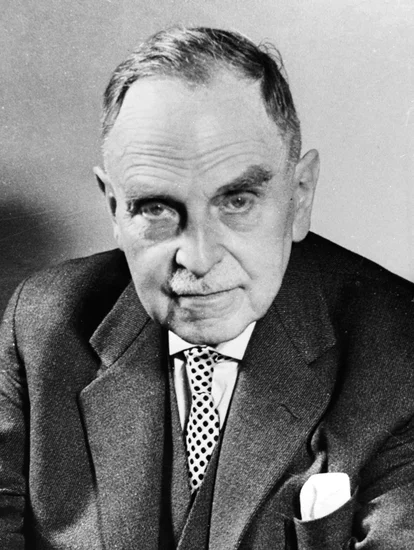
German chemist Otto Hahn passed away in Göttingen, leaving behind a revolutionary legacy in nuclear physics and chemistry. His groundbreaking research on nuclear fission earned him the Nobel Prize and changed scientific understanding forever.
Hahn’s discovery of nuclear fission provided the foundation for both nuclear power and atomic weapons. His work fundamentally altered the course of 20th-century science and global politics.
2004 – Francis Crick Dies
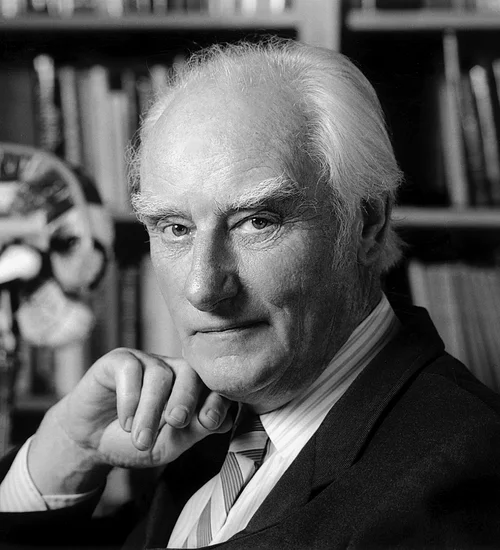
English biologist Francis Crick died in San Diego, California, concluding a remarkable career that unlocked the secrets of DNA structure. His collaboration with James Watson revolutionized molecular biology and genetics.
Crick’s discovery of DNA’s double helix structure earned him the Nobel Prize and transformed biological science. His work provided the foundation for modern genetics, biotechnology, and medical research.
1934 – Marie Dressler Dies
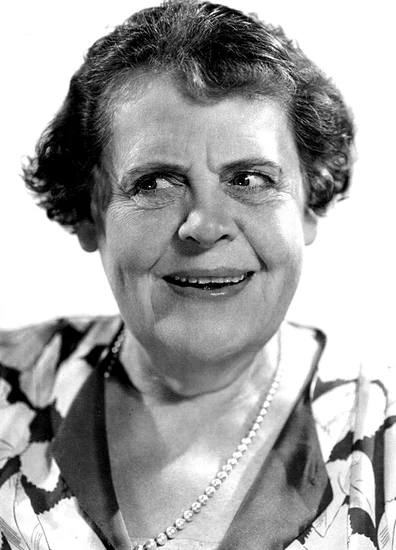
Canadian-American actress Marie Dressler passed away in Santa Barbara, California, ending a distinguished career in vaudeville and early Hollywood cinema. Her comedic talent and dramatic range made her one of the era’s most beloved performers.
Dressler’s success proved that older actresses could achieve stardom in Hollywood’s youth-oriented industry. Her Academy Award-winning performance established her as a trailblazer for character actresses.
1930 – Allvar Gullstrand Dies
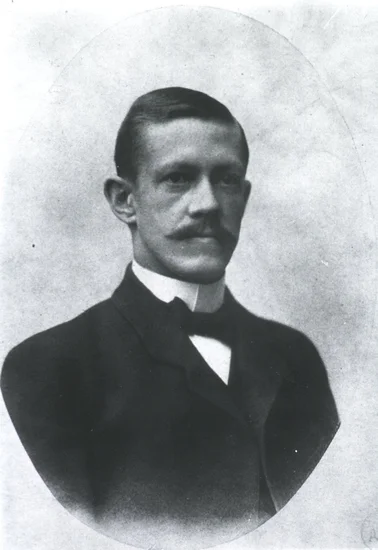
Swedish ophthalmologist Allvar Gullstrand died in Stockholm, concluding a career that advanced understanding of human vision and eye surgery. His research on optical systems earned him the Nobel Prize in Physiology or Medicine.
Gullstrand’s work on the eye’s refractive properties revolutionized ophthalmology and corrective lens design. His contributions laid the groundwork for modern cataract surgery and vision correction techniques.
1982 – Keith Green Dies

American Christian singer-songwriter Keith Green died in a plane crash in Texas, ending a brief but influential career in contemporary Christian music. His passionate performances and evangelical message inspired countless believers.
Green’s music challenged Christians to deeper commitment and social action. His songs became anthems for the Jesus movement and influenced a generation of Christian musicians.
Holidays and Observances on July 28
World Hepatitis Day

The World Health Organization designated July 28 as World Hepatitis Day to raise awareness about viral hepatitis and its prevention. The global observance promotes education about this serious public health challenge.
The day encourages testing, vaccination, and treatment initiatives worldwide. Healthcare organizations use this opportunity to highlight the importance of liver health and disease prevention.
Peruvian Independence Day
Peru celebrates Fiestas Patrias, commemorating the nation’s independence from Spanish colonial rule achieved by General José de San Martín in 1821. The celebration represents Peru’s emergence as a sovereign nation.
The holiday features military parades, cultural performances, and patriotic displays throughout the country. Peruvians honor their national heritage and the heroes who secured their freedom from colonial oppression.
Liberation Day in San Marino
The Republic of San Marino observes Liberation Day, marking significant moments in the nation’s long history of independence and self-governance. The celebration honors the country’s unique position as one of the world’s oldest republics.
The observance reinforces San Marino’s commitment to democratic principles and national sovereignty. Citizens celebrate their distinctive cultural identity and political autonomy within the broader European community.
